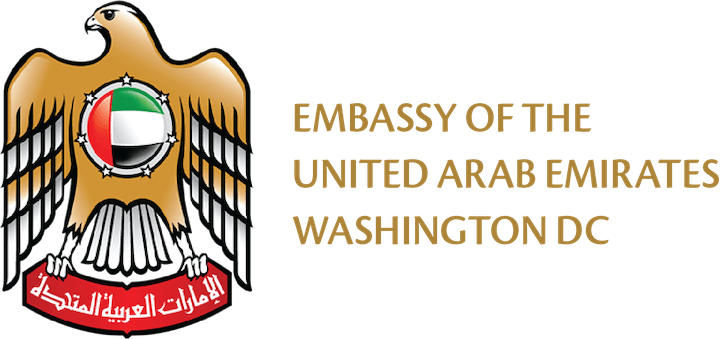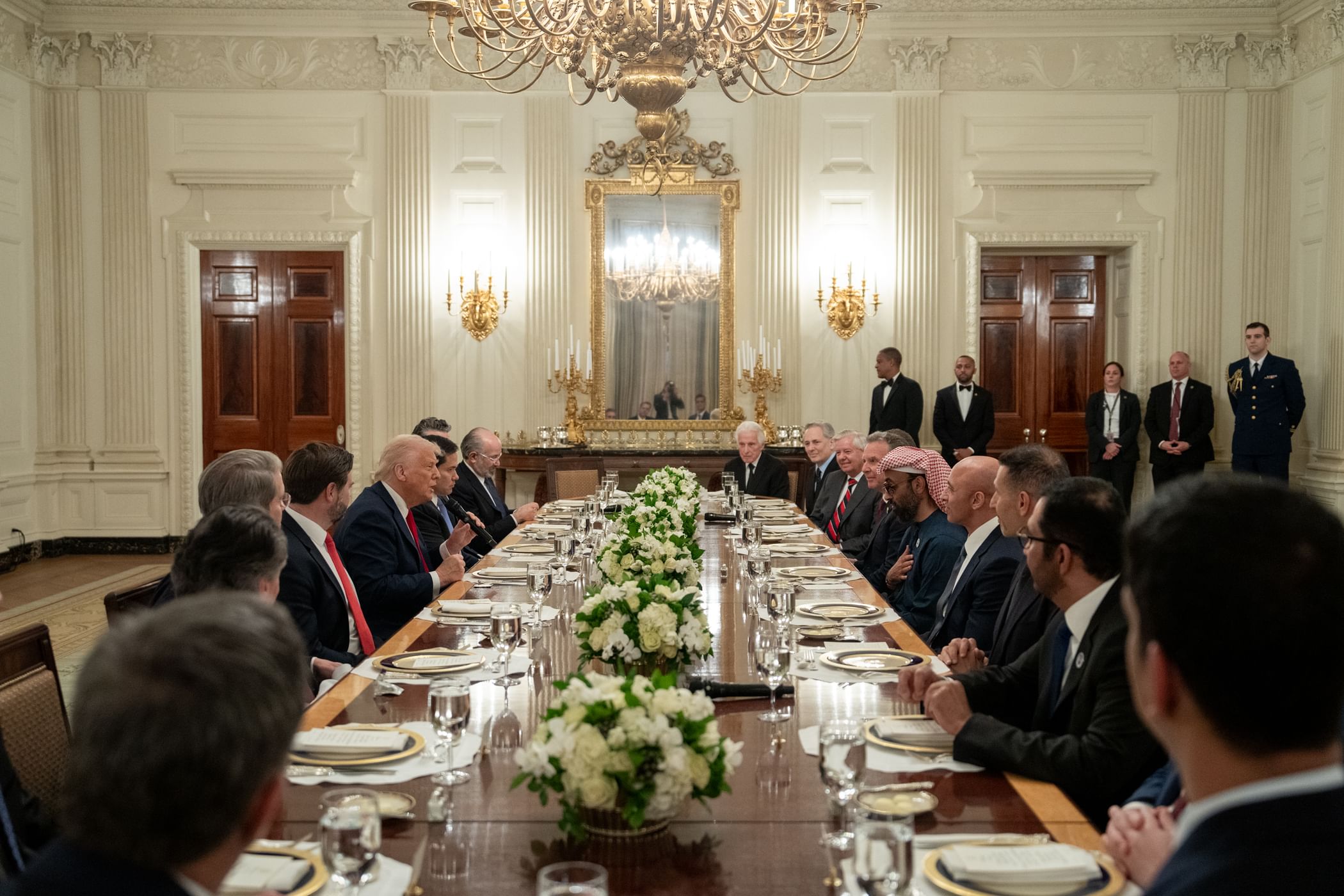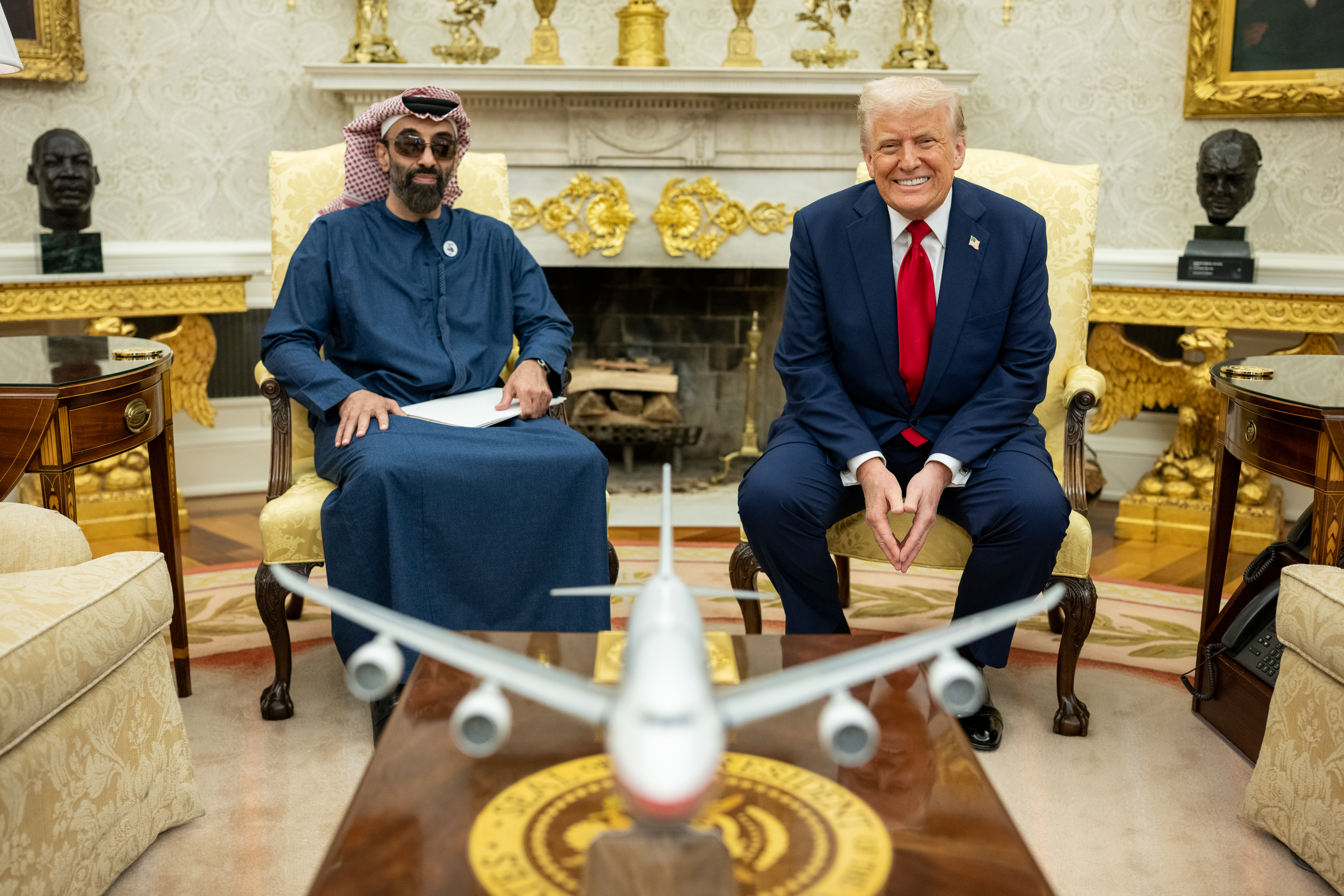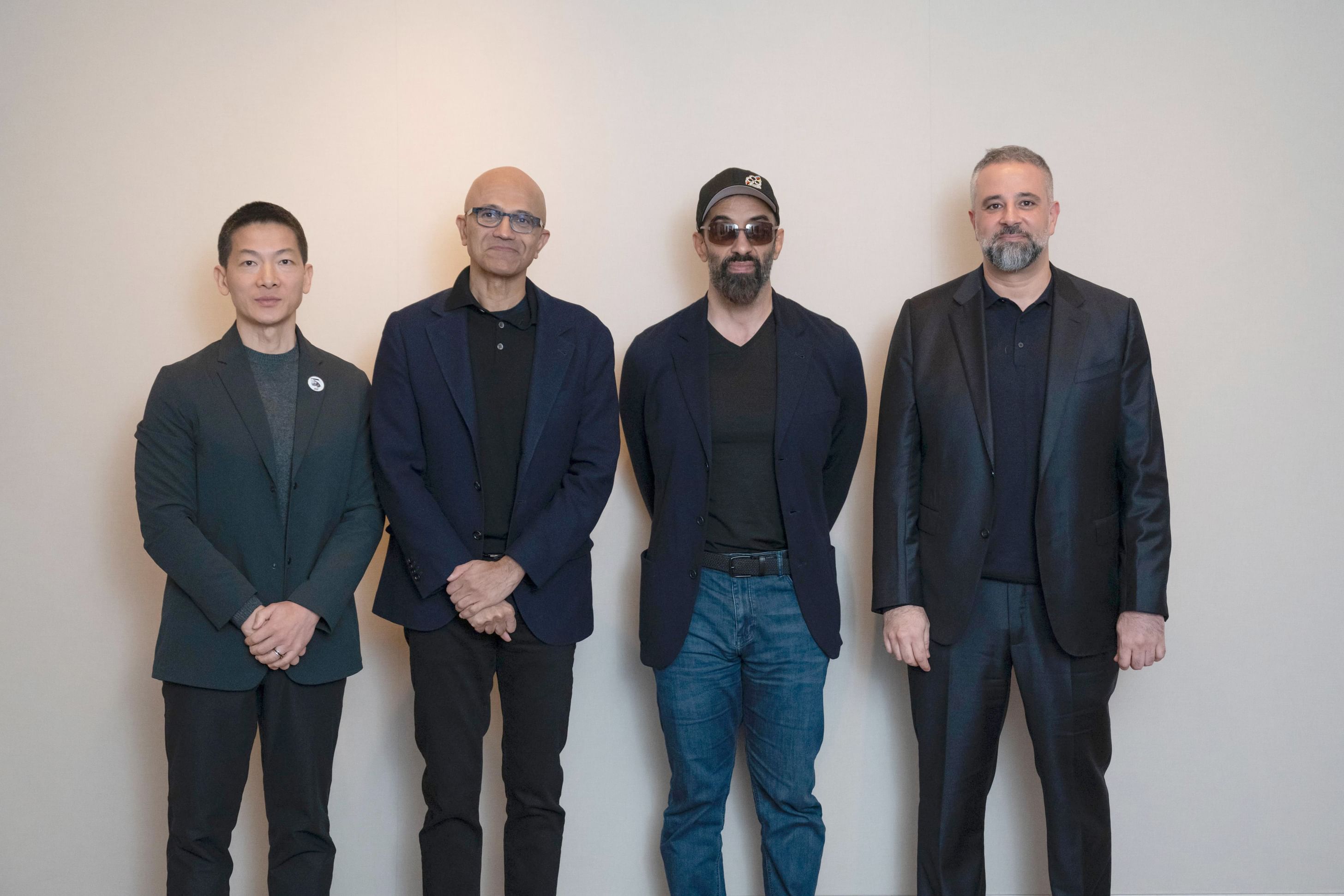Ambassador Al Otaiba Op-Ed: Annexation Will Be a Serious Setback for Better Relations with the Arab World
June 11, 2020
See below for an English translation of Ambassador Yousef Al Otaiba's op-ed that originally appeared in Hebrew in Yedioth Ahronoth on June 12, 2020.
Recently, Israeli leaders have promoted excited talk about normalization of relations with the United Arab Emirates and other Arab states. But Israeli plans for annexation and talk of normalization are a contradiction.
A unilateral and deliberate act, annexation is the illegal seizure of Palestinian land. It defies the Arab – and indeed the international – consensus on the Palestinian right to self-determination. It will ignite violence and rouse extremists. It will send shock waves around the region, especially in Jordan whose stability – often taken for granted – benefits the entire region, particularly Israel.
For years, the UAE has been an unfailing supporter of Middle East peace. We have promoted engagement and conflict reduction, helped to create incentives – carrots rather than sticks – and focused attention on the collective benefits for all parties. We have consistently and actively opposed violence on all sides: we designated Hezbollah a terrorist organization, condemned Hamas incitement and denounced Israeli provocations. All the time, we remain an ardent advocate for the Palestinian people and a long-time champion of the Arab Peace Initiative.
We have conducted quiet diplomacy and sent very public signals to help shift the dynamics and promote the possible. I was one of three Arab Ambassadors in the East Room of the White House when President Trump unveiled his Middle East peace proposal in January. I worked closely with the Obama Administration too, including on a plan for confidence building measures that would provide substantial benefits to Israel – improved links with the Arab states – in return for greater autonomy for and investment in Palestine.
Annexation will certainly and immediately upend Israeli aspirations for improved security, economic and cultural ties with the Arab world and with UAE. With the region’s two most capable militaries, common concerns about terrorism and aggression, and a deep and long relationship with the United States, the UAE and Israel could form closer and more effective security cooperation. As the two most advanced and diversified economies in the region, expanded business and financial ties could accelerate growth and stability across the Middle East. Our shared interests around climate change, water and food security, technology and advanced science could spur greater innovation and collaboration. As a global airline, logistics, educational, media and cultural hub, the UAE could be an open gateway connecting Israelis to the region and the world.
Annexation will also harden Arab views of Israel just when Emirati initiatives have been opening the space for cultural exchange and broader understanding of Israel and Judaism. The UAE has encouraged Israelis to think about the upside of more open and normal links. And we have done the same among Emiratis and with Arabs more broadly. For example, Israel has been invited to participate in Dubai’s World Expo now planned for next year. Israeli diplomats have an ongoing presence in Abu Dhabi at the headquarters of the United Nations International Renewable Energy Agency. The Louvre Abu Dhabi prominently displays side-by-side a seventh-century Quran, a Gothic Bible, and a 15th-century Yemeni Torah in a permanent exhibit about universal religions and civilization. After Pope Francis’ historic visit last year to the UAE and his meeting with the Grand Imam of Al-Azhar, we announced the establishment of an Abrahamic Family House in Abu Dhabi where a Mosque, Church and Synagogue will be co-located in the same complex. Just last month, a new kosher caterer launched in Dubai to serve the growing Jewish community, the first new community in the Arab world in more than a century.
These are the carrots – the incentives, the upsides – for Israel. Greater security. Direct links. Expanded markets. Growing acceptance. This is what normal could be.
Normal is not annexation. Instead, annexation is a misguided provocation of another order. And continued talk of normalization would be just mistaken hope for better relations with the Arab states.
In the UAE and across much of the Arab world, we would like to believe Israel is an opportunity, not an enemy. We face too many common dangers and see the great potential of warmer ties. Israel’s decision on annexation will be an unmistakable signal of whether it sees it the same way.
Yousef Al Otaiba is a Minister of State of the United Arab Emirates and the UAE Ambassador to the United States.






